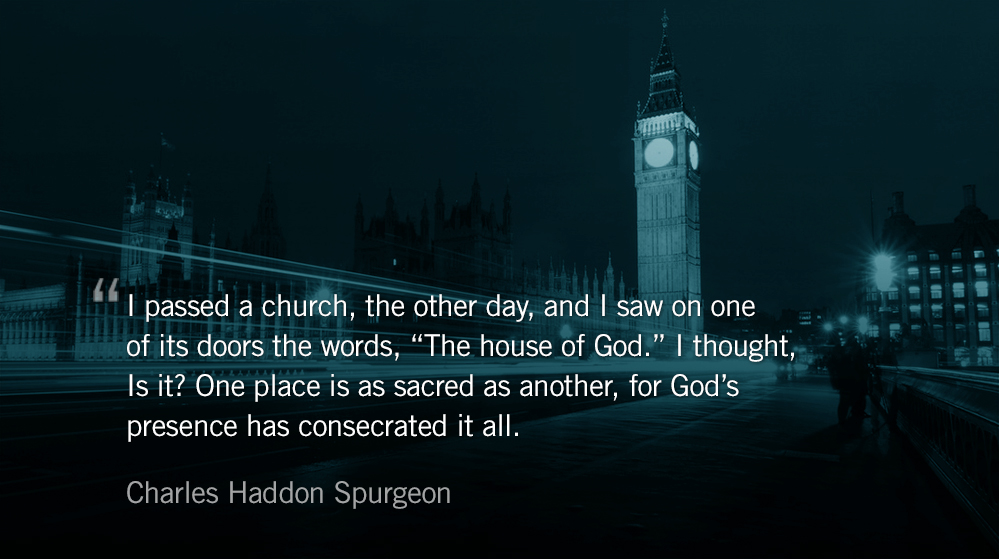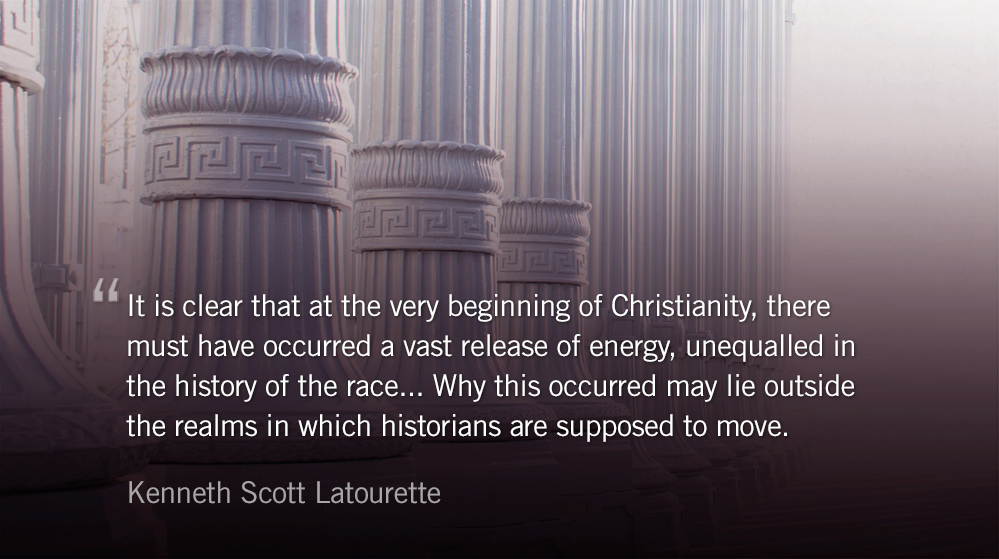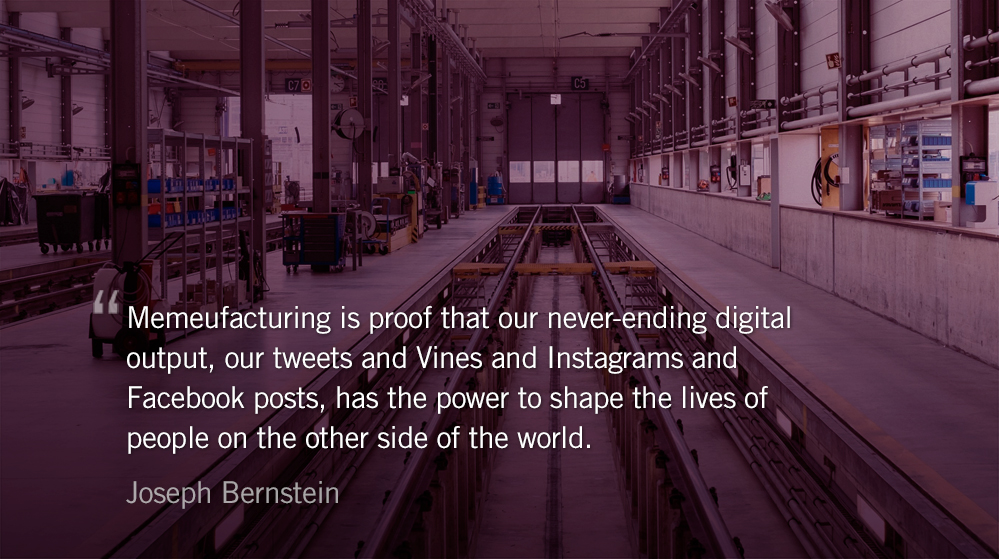By Charles Haddon Spurgeon (1834-1892)
Yet the Most High does not dwell in houses made by hands, as the prophet says, “Heaven is my throne, and the earth is my footstool. What kind of house will you build for me, says the Lord, or what is the place of my rest? Did not my hand make all these things?” — Stephen (Act 7.48-50)
I passed a church, the other day, and I saw on one of its doors the words, “The house of God.” I thought, Is it? On the next door, I saw the words, “The gate of heaven;” and I said to myself, It is not so, any more than any other door is.
Is this Tabernacle God’s house? While we worship him here, it is; but it is not any more holy than our own house is. One place is as sacred as another, for God’s presence has consecrated it all.
Every part of my garden, as I meditate upon God in it, is as holy as the aisles of the most venerable cathedral; your bed-chamber, as you kneel in prayer ere you lie down to sleep, is as sacred as the temple of Solomon. Every spot, where there is a devout worshipper, is the abode of Deity; it is no more and no less so in one place than in another.
If you begin to fancy that one place is sacred above others, you will tread there with superstitious reverence; you will scarcely dare to put your foot upon the chancel pavement, and you will bow to the East, as I have seen some do, as if there were something more holy in that direction than at other points of the compass. Ugh! But this is idolatry, and nothing better.
The right thing is to look upon the street pavements as too sacred for you to sin there, and to turn to the East or West, to the North or South. They who would come to God must believe that he is everywhere, and that he is specially where they are praying to him.
When we pray aright, we speak into God’s ear—into his very heart, for he is wherever there is a praying soul; and when you truly praise him, you are not singing to the wind, for God is there, and he hears you.
*Abridged and excerpted from Charles Haddon Spurgeon’s sermon, What Is Essential in Coming To God?, delivered December 12th, 1880.
Today’s Reading
Ezra 7 (Listen – 4:39)
Acts 7 (Listen – 8:49)
*Correction: A previous version of this post indicated the sermon was delivered August 18th, 1901, the date the transcript was re-read for a Sunday service.






